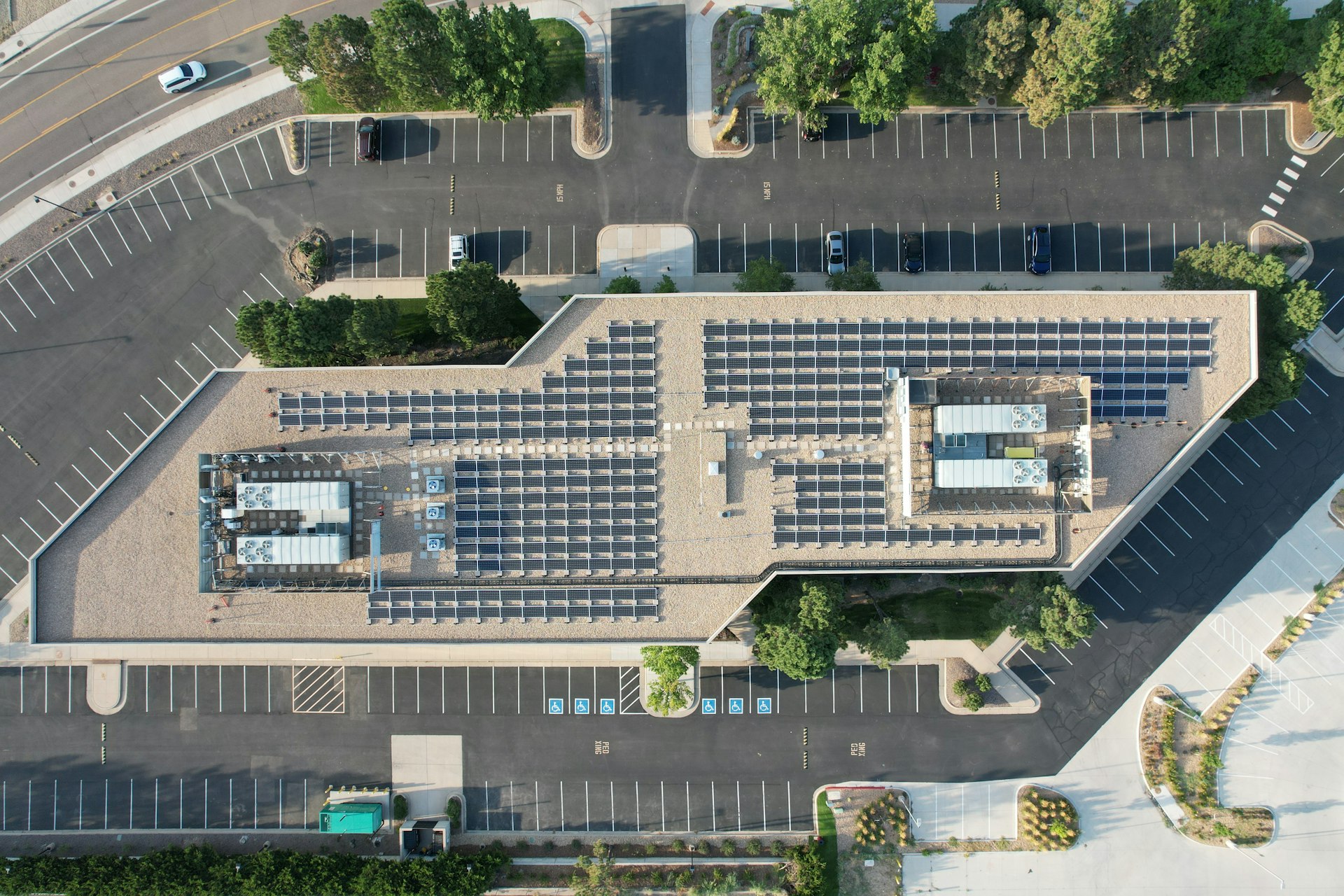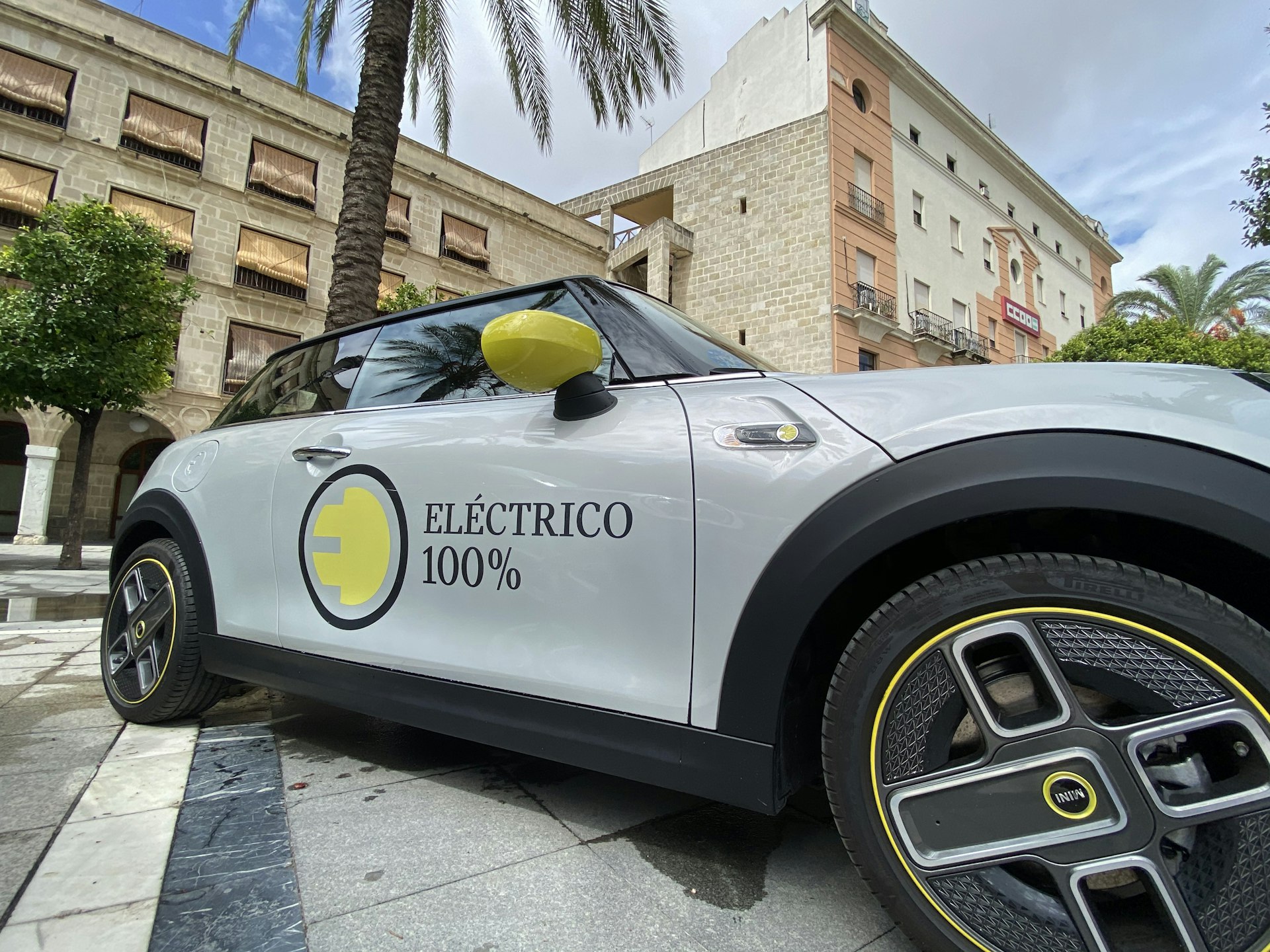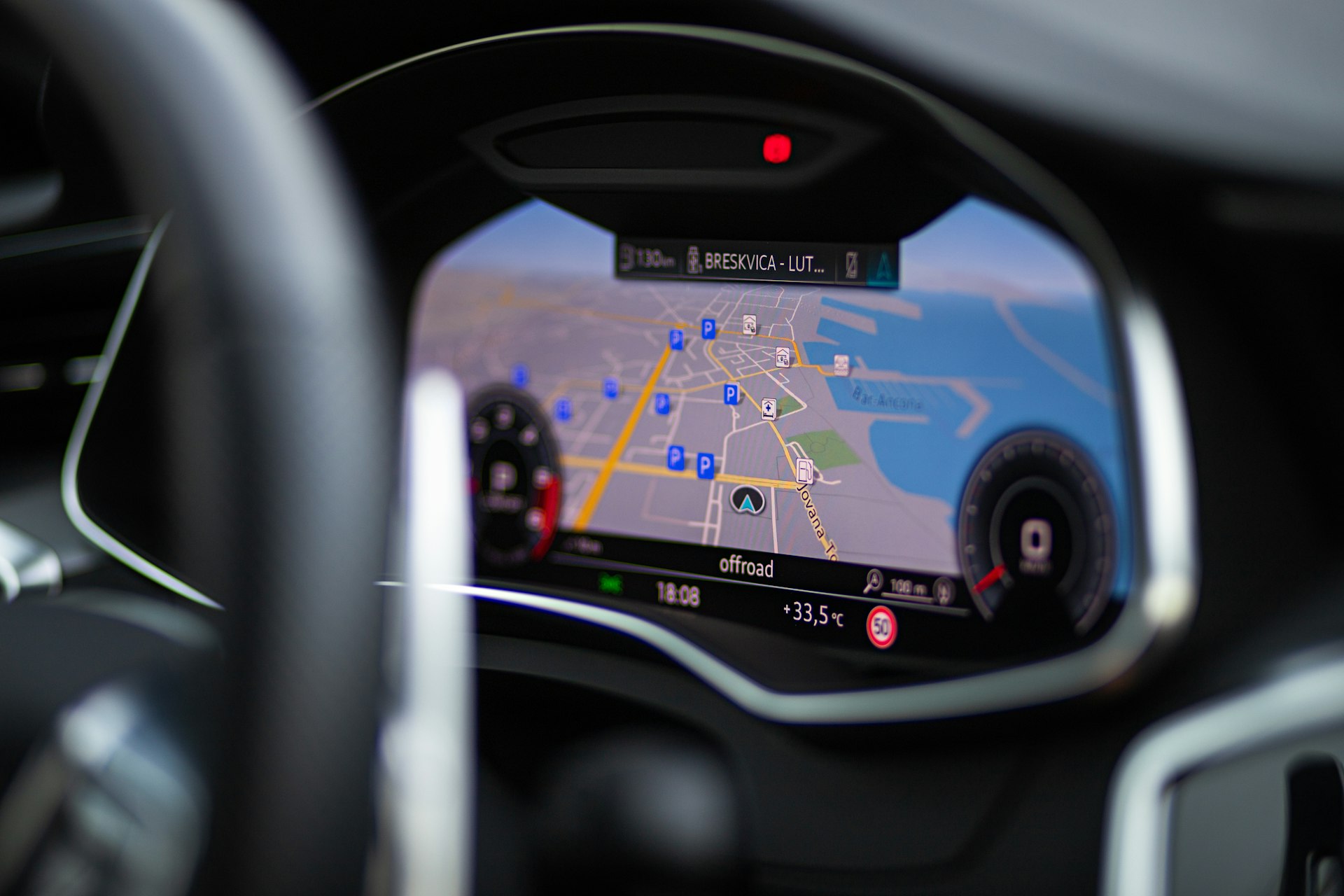How AI and Personalization are Redefining the In-Car Experience: What to Expect in the Next Decade

Photo by Obi on Unsplash
Introduction: The New Era of In-Car Personalization
As the automotive industry accelerates into a future shaped by digital technology and evolving consumer expectations, the concept of personalized in-car experiences is taking center stage. No longer satisfied with generic interfaces and one-size-fits-all features, drivers and passengers now expect vehicles that adapt to their unique needs, preferences, and lifestyles. This shift is powered by advances in artificial intelligence (AI), machine learning, and connected technology, transforming cars into smart, responsive environments that deliver comfort, safety, and entertainment tailored to the individual.
AI at the Core: Enabling Personalization and Smart Features
AI and machine learning form the backbone of next-generation in-car experiences. These technologies enable vehicles to process real-time data from a variety of sources, including driver behavior, sensor inputs, and even external environmental factors. Major automakers like BMW, Hyundai, and Toyota are deploying AI-powered systems that allow vehicles to learn from each user’s habits and preferences. For example, BMW’s Intelligent Personal Assistant adapts to the driver’s preferred climate, seat position, and navigation routes, while Toyota’s “Yui” system goes even further by interpreting driver emotions and behaviors to offer a more intuitive interface [5] .
These smart features are not just about convenience-they are fundamentally changing how drivers interact with vehicles. The 2025 U.S. Tech Experience Index (TXI) Study by J.D. Power found that AI-powered functions like smart climate control and adaptive infotainment systems are increasing driver satisfaction and reducing the cognitive load associated with digital systems [4] .
Immersive, Adaptive Interiors: Personalization Beyond the Dashboard
Personalization is extending throughout the vehicle interior. In the latest models, AI algorithms adjust lighting, sound, and even scent based on the preferences of each occupant. For instance, a vehicle can automatically select a driver’s favorite playlist for the morning commute and adjust ambient lighting to match their mood. Experiential vehicle design is also leveraging interactive displays and smart surfaces that adapt to user preferences, creating a more engaging environment [3] .
This “personal immersion” approach is not only enhancing comfort but also helping brands stand out in a crowded market. Real-world case studies show that 70% of consumers are more likely to engage with brands offering interactive, personalized experiences, whether in the vehicle itself or during touchpoints such as test drives and service appointments [3] .
Voice and Multimodal Interfaces: Seamless, Hands-Free Control
Voice assistants and multimodal interaction are becoming standard in new vehicles, enabling drivers to control navigation, entertainment, and even vehicle settings without taking their hands off the wheel. Automakers like Hyundai are leveraging advanced natural language processing (NLP) to make these interactions seamless, while AI-powered personal assistants anticipate needs by combining data from cameras, microphones, and even LIDAR sensors [2] .
This technology not only streamlines the user experience but also improves safety by reducing distractions. For those interested in exploring these features, you can look for new vehicle models from leading brands such as BMW, Mercedes-Benz, Hyundai, and Toyota, and request demonstrations of their in-car AI and voice systems during dealership visits. Most automakers provide detailed feature lists and demonstration videos on their official websites; searching for “[brand] intelligent personal assistant” can yield specific information and user guides.

Photo by GOtomedia SE on Unsplash
Predictive Maintenance and Proactive Service: Personalized Care for Your Vehicle
Personalization now extends to vehicle maintenance and service. AI systems monitor driving patterns and component health in real time, alerting owners to required maintenance or potential issues before they become problems. Genesis, for example, uses digital tools that analyze user data and provide personalized upgrade and maintenance recommendations [2] .
To access these features, consult your vehicle’s connected services mobile app or speak with your dealership’s customer experience specialist. Many manufacturers offer subscription-based telematics packages that include predictive maintenance, roadside assistance, and over-the-air updates. Look for official program names such as “[Brand] Connected Services” or “[Brand] Care” when inquiring about these options.
Sustainability and Eco-Friendly Innovation: Aligning Personalization with Values
Consumer demand for sustainability is influencing how personalization is implemented inside vehicles. Brands are using recycled materials, reducing vehicle weight for improved fuel efficiency, and offering eco-friendly options for interior customization. Deloitte’s Global Automotive Consumer Study found that 60% of buyers now consider sustainability a key factor in purchasing decisions [3] .
For those prioritizing green options, ask dealerships about the use of recyclable materials, modular interior components, and energy-saving features. Many automakers publish sustainability reports on their official sites and highlight eco-friendly features in their product brochures.
Step-by-Step Guidance: How to Access Personalized In-Car Features
1. Research Vehicle Models with Advanced Personalization Start by identifying automakers that prominently feature AI-powered personalization. Use search terms like “2025 [brand] personalized in-car experience” or “[brand] AI voice assistant.” Official automotive websites and reputable industry news outlets provide detailed breakdowns of available features.
2. Request Demonstrations During Test Drives When visiting dealerships, ask sales representatives to showcase personalization features, such as adaptive climate control, voice-activated assistants, and custom lighting or sound profiles. Bring a checklist of must-have features to ensure your expectations are met.
3. Utilize Connected Services and Mobile Apps Most modern vehicles come with companion mobile apps that allow you to configure and manage in-car settings, schedule maintenance, and receive real-time alerts. Download the official app from your automaker, ensuring it is listed on their verified website or official app stores.
4. Stay Updated with Over-the-Air (OTA) Updates Many features are constantly improved through OTA updates. Confirm with your dealer that your vehicle’s systems are eligible for regular updates and ask about the process for receiving new functionalities.
5. Contact Customer Support for Customization Assistance If you need help configuring your vehicle’s personalization options, reach out to the manufacturer’s customer support team. Most offer phone, email, and live chat support through their official websites.
Challenges and Solutions: Navigating the Path to Full Personalization
While the future is promising, there are challenges to widespread adoption. Data privacy and security are top concerns, as personalized systems rely on collecting and processing user information. Leading automakers address this by implementing robust encryption and offering clear privacy policies. Consumers are encouraged to review privacy settings within their vehicle’s infotainment system and mobile app and adjust permissions as needed.
Another challenge is ensuring accessibility and ease of use for all drivers. Ongoing training, intuitive interfaces, and responsive customer support are critical in overcoming these obstacles. If you encounter difficulties, consult the official user manuals, seek help from dealership staff, or participate in owner forums facilitated by the manufacturer.
Alternative Pathways: Exploring Aftermarket and Third-Party Solutions
If your current vehicle lacks advanced personalization, consider aftermarket systems such as smart infotainment upgrades, voice assistants, and app-based controls compatible with a wide range of models. Reputable electronics retailers and certified automotive installers can provide guidance on compatible solutions. Always verify that aftermarket products are certified and supported by established brands before purchase.
Key Takeaways and Next Steps
The future of in-car experiences is being rapidly redefined by AI, digital innovation, and the demand for user-centric, personalized features. Whether you are shopping for a new car or seeking to upgrade your current ride, multiple pathways exist to experience these advancements. Prioritize research, leverage official resources, and always confirm the authenticity of products and services before making decisions.
References
- [1] XEBO.ai (2025). Top 5 Customer Experience Trends in the Automotive Industry.
- [2] CIKLUM (2025). 2025 Automotive Predictions: AI and Machine Learning.
- [3] Craftsmen Industries (2025). Top Trends in Experiential Vehicle Design for 2025.
- [4] Digital Dealer (2025). Driving into the Future: AI is Transforming the Automotive Experience.
- [5] Hitachi (2025). The Future of AI in the Automotive Industry: Revolutionizing Design, Production, and Operations.
MORE FROM promospotlight.com













